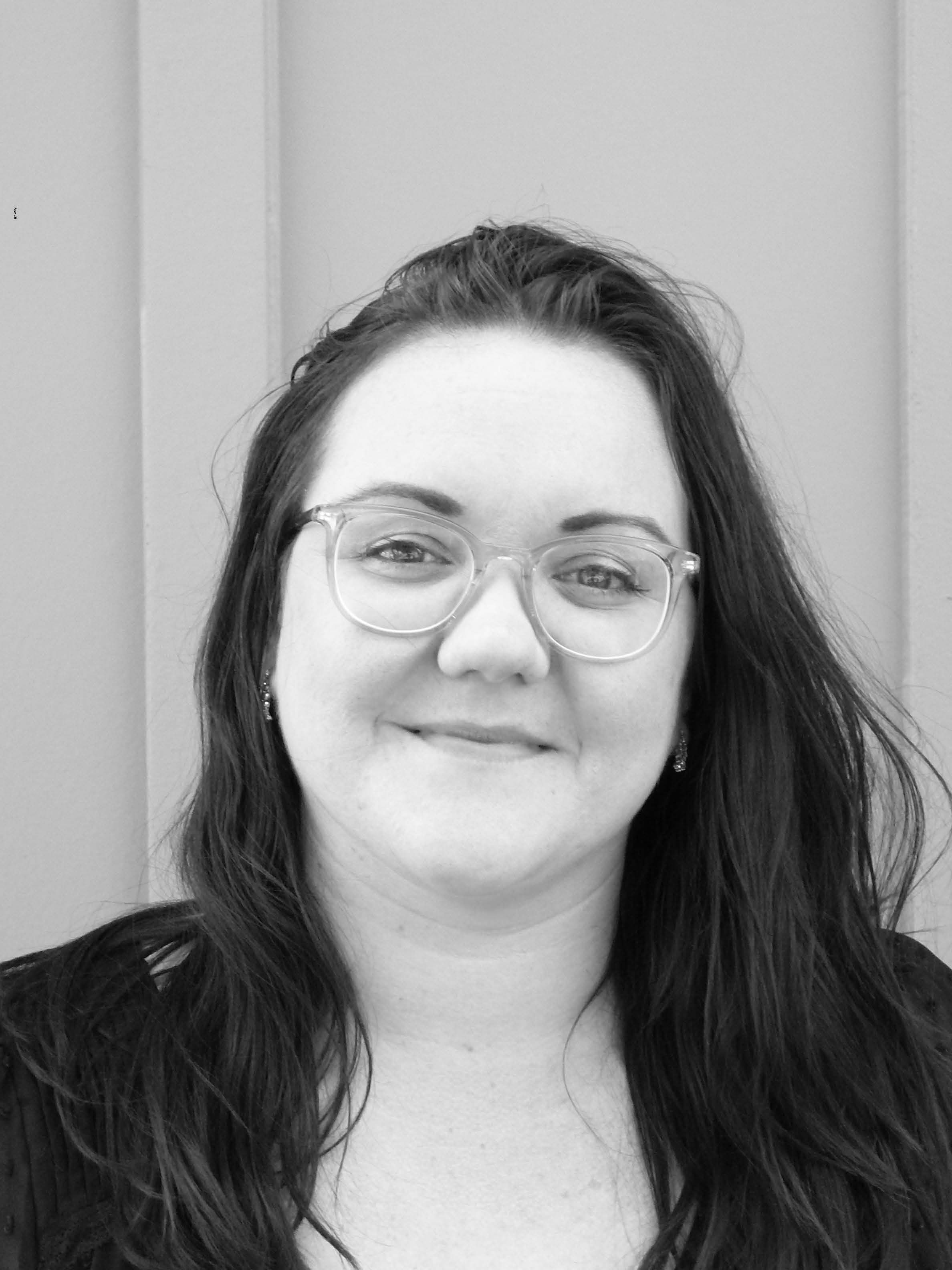Sophia Mavroudas Receives P.E.O. Scholar Award

The Graduate College is honored to announce Sophia Mavroudas as a 2020 P.E.O. Scholar Award recipient. Founded in 1869, the P.E.O. Sisterhood is a philanthropic and educational organization based in the United States and Canada interested in increasing higher education opportunities for women. The Scholar Award is P.E.O.’s most prestigious award ($15,000 in 2020 – and $20,000 starting in 2021), only 100 of which are awarded to doctoral students across the country each year. Priority is given to women who are well established in their programs, study, or research and will make significant contributions to their varied fields of endeavor. Texas State has now received every award offered at the graduate level from this women’s philanthropic organization: the Scholar Award (PSA), the International Peace Scholarship (IPS), and the Program for Continuing Education (PCE) grant. Sophia was one of three Texas State University doctoral students, along with Ann Marie Cotman (School Improvement) and Christina Lopez (Geography), to win this highly completive award during the 2019-2020 academic year. These three outstanding women are the university's first-ever recipients of the PSA. Congratulations!
Sophia is pursuing her Ph.D. in Texas State’s applied anthropology program. She earned a B.A. in anthropology and Hellenic studies cum laude from NYU, where she also earned an M.A. in anthropology. A recent recipient of the Ellis R. Kerley Forensic Sciences Foundation Scholarship, Sophia has also received the Forensic Science Foundation/CRC Press Student Travel Grant and Book Prize, the Top Doctoral Paper award at the 2018 Texas State International Research Conference for Graduate Students, and the Founder's Day Award at NYU for top-ranking graduates. Since 2011, Sophia has served as the Coordinator of the Forensic Anthropology Center at Texas State, where she is responsible for managing the willed body donation program, coordinating student volunteers and outreach efforts, running workshops for domestic and international medico-legal communities, and conducting forensic casework, including scene recoveries and skeletal analysis. She is also a mother of two boys and a stepmother to “a wonderful 9-year-old girl,” stating, “[m]y children and my husband are my greatest treasure. Being friends with other amazing women who are dedicated to making a difference through their work is the other bright spot in my life.”
Sophia’s interest in human osteology (the study of skeletal structures) began during her freshman year of college when she attended an archaeological field school in Ireland. What she expected to be an experience of uncovering material artifacts at a medieval church site was instead an experience spent in a trench excavating skeletons from the medieval cemetery associated with the church—and she loved it. Since then she has been chasing opportunities to analyze skeletal remains, whether archaeological or modern, to explore how human bones adapt over time and the ways in which a person's life can be read from the historical clues inscribed in their skeleton.
Sophia’s doctoral research, supervised by Dr. Nicholas P. Herrmann, studies human bone microstructures and investigates how those microstructures vary across geographically distinct populations. Exploring this geographic population variation could help anthropologists better understand how genetic and environmental factors affect bone microstructure and how human skeletons have adapted to selective environmental pressures. An element of her research includes investigating how microstructural changes correlate with chronological age. Through this work, she plans to develop a histological (microanatomy) ageing application that can be used by anthropologists across the world to improve age-at-death estimation methods for unidentified individuals in forensic contexts.
Despite having received numerous awards, applying for the P.E.O. Scholar Award was the first time Sophia ever had to interview with a committee as part of an award application process, which made her nervous. At the interview, however, she says the women from the local P.E.O. chapters made her feel at ease. Every PSA applicant is nominated by a local P.E.O. chapter, and Sophia was nominated by Chapter IW Texas (Horseshoe Bay). She attributes her success with this award in part to her extensive international academic experience, but adds, “I also think that it is easy for people to understand how my research can help society and positively affect change.” She credits the individuals who wrote letters of recommendation, contributed to her professional development, and supported her career, noting their efforts led to the accomplishments she was able to list in her application. She also thanks the external funding coordinators in The Graduate College, Dr. Andrea Hilkovitz and Dr. Brian Smith, adding, “[they] were critical in shaping my narratives to successfully convey what I do and how passionately I feel about my area of study and my research.”
Sophia encourages her fellow graduate students to pursue international collaboration and experiential travel opportunities. “Not only does it expand your viewpoint and research impact, but it is a fascinating and fulfilling hobby.” She also encourages graduate students to apply for small awards in addition to flagship award programs such as the PSA “because every small achievement snowballs into bigger awards.” Finally, she says, “Take chances on applications. You definitely won't get it if you don't try.”
Recently, Sophia was featured in the funder’s publication, The P.E.O. Record, as one of 11 recipients of the P.E.O. Scholar Award whose news was shared on Twitter. Read Sophia's blurb on page 30 of the July/August 2020 edition (page 32 of the publication PDF).